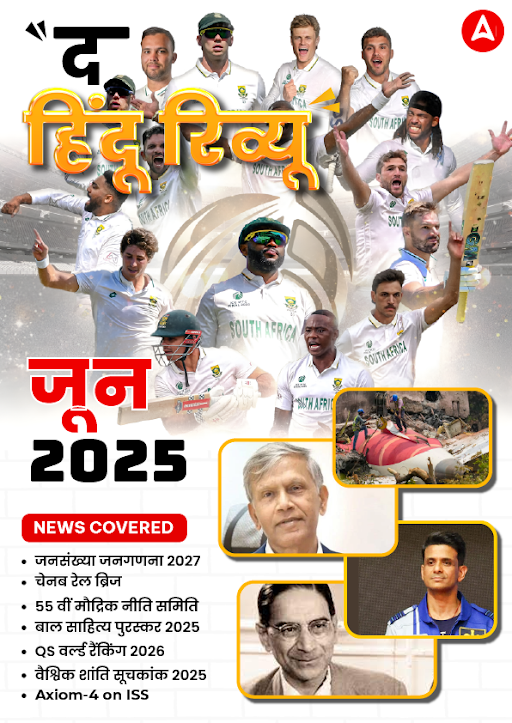Directions (1-10): In the following passage there are words highlighted in bold, each of which has been numbered. These numbers are printed below the passage and against each, four words are suggested, one of which fits the blank appropriately. Find out the appropriate word in each case. If the word highlighted in bold does not require any replacement, choose (e) as your answer.
Time and clocks have held a special fascination for humankind down the ages. So, it is particularly surprising (1) that two of the three Nobel Prizes for the sciences announced this year had(2) been linked to time. While the Nobel Prize for Physics was provided (3) to a trio of physicists for their work in the appreciation(4) of gravitational waves emanating from the recesses of the space-time continuum, the 2017 Nobel Prize in Physiology or Medicine was concluded(5) by a triumvirate of chronobiologists for their work in discerning(6) the mechanisms controlling the internal clocks that keep time in all living organisms, including humans. Jeffrey C. Hall, Michael Rosbash and Michael W. Young, three Americans born in the 1940s, made (7) pioneering contributions in helping reckon (8) the genetic coding and protein pathways that regulate the circadian rhythm — that content(9)which tells us when it is time to eat and sleep, or wake up even when(10) we have no bedside alarm.
Q1.
(a) resolving
(b) deciding
(c) convincing
(d) revealing
(e) No improvement required
Q2.
(a) is
(b) having
(c) has
(d) have
(e) No improvement required
Q3.
(a) favored
(b) awarded
(c) contributed
(d) devoted
(e) No improvement required
Q4.
(a) inquisition
(b) detection
(c) attention
(d) regulation
(e) No improvement required
Q5.
(a) managed
(b) procured
(c) won
(d) realised
(e) No improvement required
Q6.
(a) establishing
(b) discriminating
(c) discovering
(d) considering
(e) No improvement required
Q7.
(a) urged
(b) obliged
(c) certain
(d) coerced
(e) No improvement required
Q8.
(a) unravel
(b) clarify
(c) elucidate
(d) interpret
(e) No improvement required
Q9.
(a) design
(b) concord
(c) measure
(d) rhythm
(e) No improvement required
Q10.
(a) for
(b) since
(c) while
(d) then
(e) No improvement required
Directions (11-15): Read each sentence to find out whether there is any grammatical or idiomatic error in it. The error, if any, will be in one part of the sentence. Choose the part that has an error. If there is ‘No error’, the answer is (e). (Ignore errors of punctuation, if any.)
Q11. Within an hour’s (a) / journey we (b) / will approach near (c) / Patna. (d) / No Error. (e)
(a) A
(b) B
(c) C
(d) D
(e) E
Q12. We had swam (a) / across the river (b) / before (c) / the sun set. (d) / No Error. (e)
(a) A
(b) B
(c) C
(d) D
(e) E
Q13. Neither Rakesh(a) / nor (b) / I are leaving (c) / for Hyderabad. (d) / No Error (e)
(a) A
(b) B
(c) C
(d) D
(e) E
Q14. Death (a) / is (b) / preferable (c) / than life. (d) / No Error (e)
(a) A
(b) B
(c) C
(d) D
(e) E
Q15. If (a) / it snowed tomorrow (b) / we’ll go (c) / skating. (d) / No Error (e)
(a) A
(b) B
(c) C
(d) D
(e) E
Solutions
S1. Ans. (d)
Sol. ‘revealing’ is the correct word to be replaced as the sentence is disclosing the fact that two of the three Nobel Prizes for the sciences are linked to time.
S2. Ans. (d)
Sol. ‘have’ is the correct use as the subject of the sentence is plural.
S3. Ans. (b)
Sol. ‘awarded’ is the correct word as the sentence talks about the Noble prizes which are presented to physicists.
S4. Ans. (b)
Sol. ‘detection’ is making the sentence meaningful as the sentence talks about the discovery of physicists who are presented Nobel prize.
S5. Ans. (c)
Sol. ‘won’ is the correct word to be replaced.
S6. Ans. (c)
Sol. ‘discovering’ is the correct word.
Discern means recognize or find out.
S7. Ans. (e)
Sol. No improvement is required here.
S8. Ans. (a)
Sol. ‘unravel’ is the correct word to be replaced as it means investigate and solve or explain (something complicated or puzzling).
S9. Ans. (d)
Sol. ‘rhythm’ best suits the purpose as it means the sentence discusses about circadian rhythm.
S10. Ans. (e)
Sol. No improvement is required here.
S11. Ans. (c)
Sol. The Use of ‘near’ is superfluous as ‘approach’ itself means ‘to come close’.
S12. Ans. (a)
Sol. ‘swum’ will be used in place of ‘swam’ as the past form of ‘swim’ is ‘swam’ and its past participle form is ‘swum’ and moreover after have/ has/ had/ having, past participle form of verb means V3 is used.
S13. Ans. (c)
Sol. Use ‘am’ in place of ‘are’ as with ‘neither… nor’, ‘either… or’, ‘not only… but also’, the verb is used according to the subject close to it.
Ex. Either you or he has committed a blunder.
S14. Ans. (d)
Sol. ‘to’ will be used in place of ‘than’ as after ‘preferable, senior, junior, superior, inferior, prior, anterior, posterior’, ‘to’ is used.
Ex. She is junior to you.
This is preferable to that.
S15. Ans. (b)
Sol. ‘snows’ is the correct use instead of ‘snowed’. There are two incidents of future (tomorrow, we’ll go) hence simple present tense is used in subordinate clause (if, till, until, before, after).
Ex. If it rains, we shall not go out.


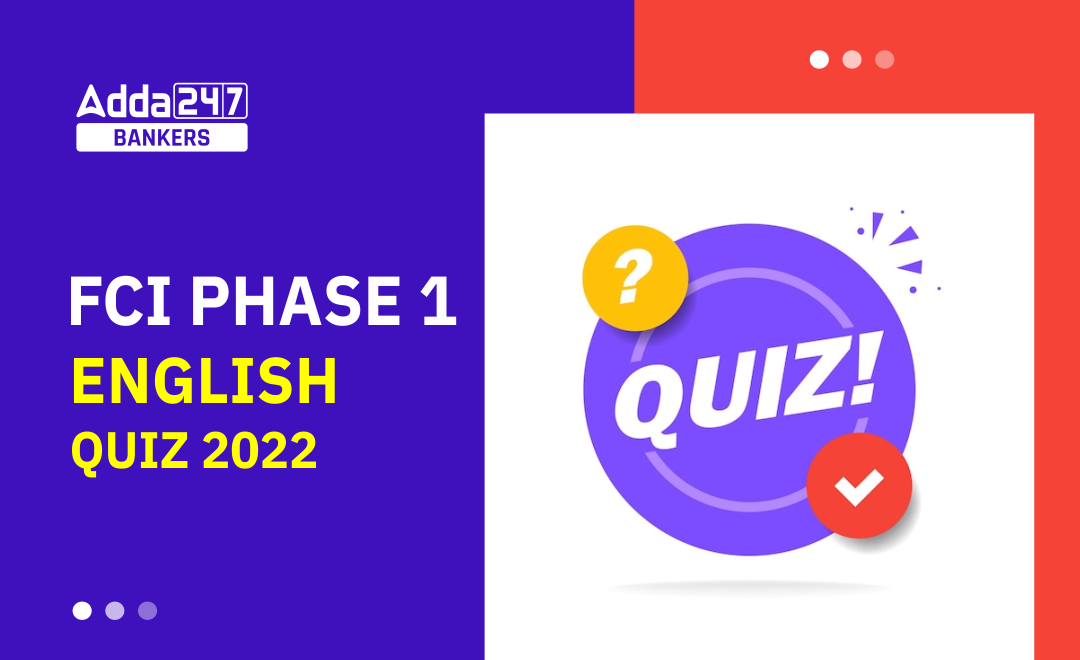


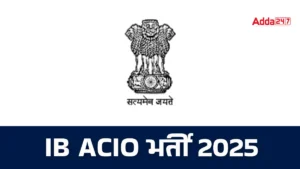 IB ACIO Recruitment 2025 Notification: इ...
IB ACIO Recruitment 2025 Notification: इ...
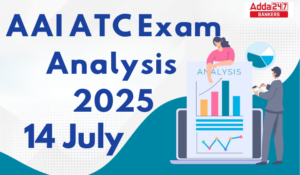 AAI ATC Exam Analysis 2025: देखें 14 जुल...
AAI ATC Exam Analysis 2025: देखें 14 जुल...
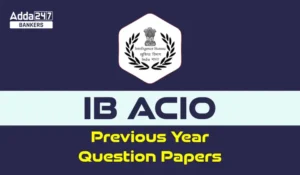 IB ACIO Previous Year Papers in Hindi: I...
IB ACIO Previous Year Papers in Hindi: I...
